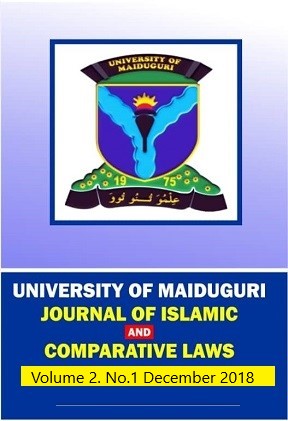Islamic Securities and Bonds (Sukuk) For Infrastructural Development in Nigeria: A Comparative Study of Legal and Institutional Frameworks
Many emerging economies like Nigeria urgently require huge investment in infrastructure for
increased capital expenditure. Developing countries generally have difficulty in raising
financial infrastructure, yet short falls in infrastructure development reduce the quality of life
for citizens and inhibit productive capacity of economies. Economic growth, quality of life and
support services essential to the need of citizens depend on robust infrastructure, industrial
growth, and infrastructure to produce goods at competitive prices. The fact that infrastructure
projects typically have a large scale upfront capital requirement, a long initial period without
returns, and extended payback period calls for innovative financial models. Thus, conventional
bonds and Sukuk, attempt to mobilise the funds from surplus spending units to shortage
spending units. However, under Islamic Law, there are fundamental risk/return differences
between them- money (debt) is the underlying asset in conventional bonds while the underlying
asset in Sukuk is the exact asset. This paper concludes that Sukuk provides for greater return
and financial security than conventional bonds. Although, the CBN Act and BOFIA regulate
both the conventional and Islamic finance. Therefore, the paper recommends that much has to
be done for legislation in Sukuk within the Nigerian Islamic finance industry in order to
compete in the global industry.
There are no reviews for this Journal.
About the Journal
About
Editorial Team
Curent issues
Archive
DOWNLOADABLES
Guide for contributors
Authors Response Form
Manuscript review Form
Make a Submission

